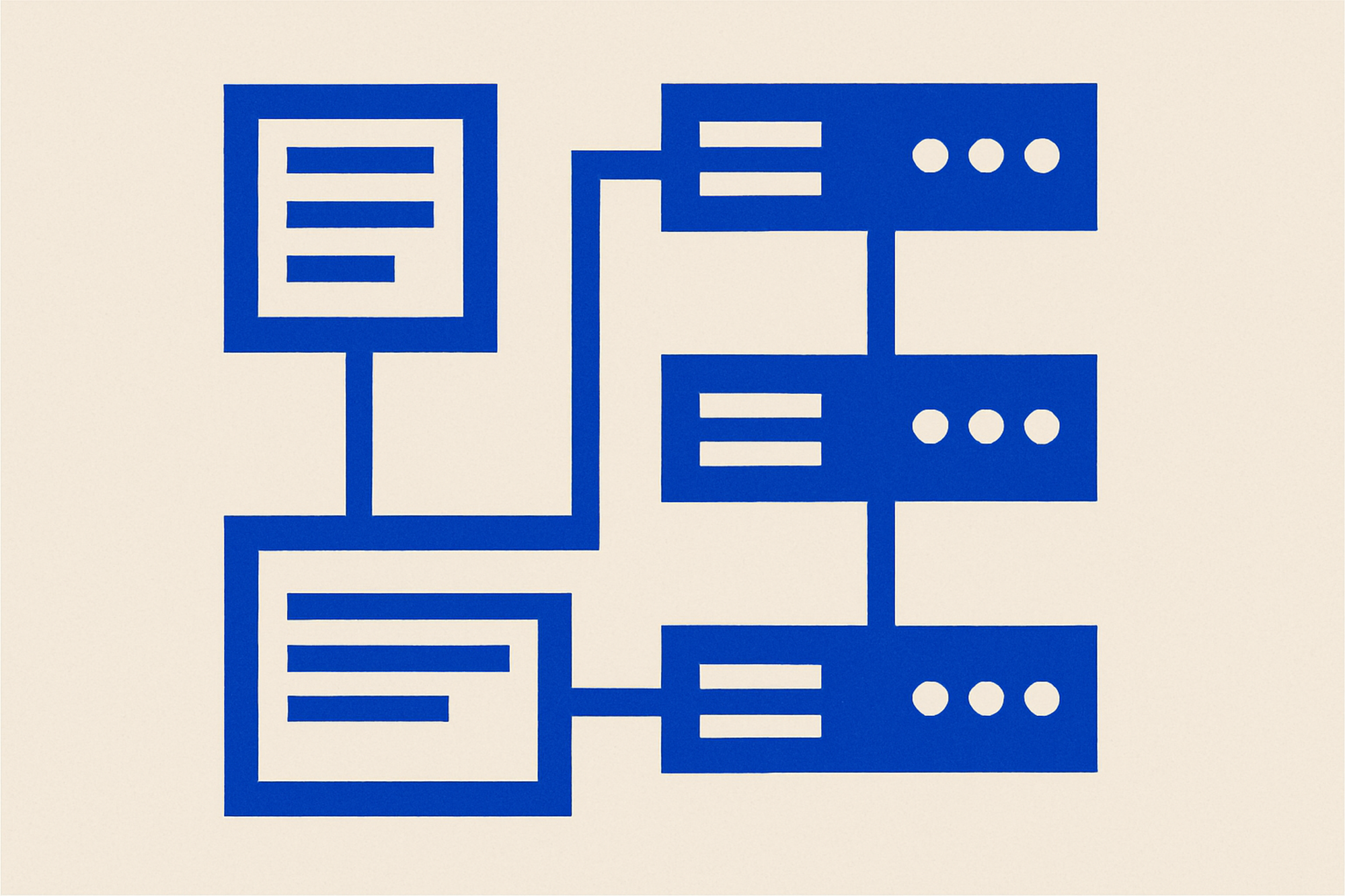Invisible Handshakes: How Hosting, Canonicals, and AI Search Are Quietly Reshaping SEO

SEO blogs have always lived on the bleeding edge of digital change, but the posts circulating this week place the field somewhere between pragmatic infrastructure work and existential adaptation. Sifting through these updates, one core theme emerges: SEO isn’t just grappling with algorithms or content minutiae anymore—it’s wrestling with invisible forces, from AI search disruptions to foundational technical choices, and revisiting the basics under a brand new microscope.
Web Hosting: The Foundation Nobody Talks About
For years, web hosting has been considered a background player, but recent analyses argue convincingly that its time in the SEO spotlight is overdue. 'Why Web Hosting Is A Critical Factor To Maximize SEO Results' from Search Engine Journal pulls no punches: your hosting choices cap your SEO ceiling. The piece dives into how server speed, geographic placement, uptime, and support for modern protocols (think HTTP/3, free SSL, DDoS protection) underpin everything—Core Web Vitals, crawl budget, visibility, and ultimately, the ROI of every content or technical tweak you make.
It’s oddly refreshing—and slightly mind-boggling—to see so much SEO energy poured into topics like SSD storage and network latency, but it matches what SEOs have always known: tech debt kills progress. In an era where even milliseconds matter (LCP and INP thresholds are referenced like commandments), this post is a needed, pragmatic reminder to treat infrastructure not as commodity but as strategic leverage. Cloud hosting, scaling, and true geographic distribution aren’t “nice-to-haves” anymore; they’re the minimum ante in the SEO game.
Canonical URLs: Herding the Duplicate Content Cats
The canonical tag remains a perennial SEO talking point, but Yoast’s updated guide manages to make a familiar topic feel essential. 'rel=canonical tag: the ultimate guide to canonical URLs' methodically walks through why and when canonical tags matter, underscoring their defensive value: consolidating link equity and keeping sites from drowning in self-competition. It’s practical, documentarian, and almost soothing amid the chaos of AI-driven changes.
Real-world scenarios—multi-region sites, device variants, accidental duplicates—are handled with clarity. The takeaway? In a search landscape about to be dominated by AI’s probabilistic guesses and hallucinations, telling search engines "this is the one true page" is more important than ever. Even canonical tags are evolving as guardrails in the new SEO wild west.
AI Search: A Channel, a Challenge, and a Data Headache
AI assistants like ChatGPT are not just changing how people find answers—they’re quietly reshaping traffic flows, conversions, and even attribution models. Ahrefs’ 'The ChatGPT Traffic Playbook' is equal parts wake-up call and tactical guide, highlighting how AI referral traffic (though small in raw numbers now) converts at much higher rates and will only grow more crucial as Google’s search itself shrinks.
The implication is profound: brands must now optimize for visibility inside AI models, track hard-to-measure citations and mentions, and rethink content formats. Early adopters are seeing higher ROI but are also contending with analytics that can’t always keep up, thanks to uncited AI recommendations and hallucinated URLs. In some cases, indirect visits (with zero referral tags) are more valuable than direct clicks. The next evolution of SEO is part content marketing, part digital anthropology.
AI Search Engines Tested: No One Format to Rule Them All
Backlinko’s hands-on comparison of 11 AI search engines ('I Tested 11 AI Search Engines: Only These 4 Made the Cut') reveals a fragmented landscape. ChatGPT wins for depth, context, and shoppability—though it can be too agreeable and occasionally factually careless. Google AI Mode is the king of commerce, surfacing product reviews and prices but falling flat for research queries. Copilot and Sigma Chat add value in their respective niches, but the consensus is clear: for brands, structured, well-marked-up content that aligns with platform priorities is the safest bet for visibility.
The review ends on a pragmatic note: optimize not just for Google but for LLMs and platform-specific quirks—comparison tables, structured data, detailed specs, and credible citations. In the AI search arms race, guessing what machines want (and retrofitting your site accordingly) becomes the new normal.
Brand Mentions on YouTube: Influence Beyond the Human Audience
One of the more under-the-radar insights comes from Ahrefs’ exposure of YouTube as both a powerful organic channel and an "AI teacher." Their rundown on 'How to Monitor Your YouTube Video Mentions' details not only influencer outreach or reputation tracking, but the direct role that video mentions play in shaping how LLMs describe—and recommend—brands. Monitoring tagged and untagged mentions, filtering out noise, and cross-linking data to AI citations is suddenly a must-have workflow for modern SEOs.
This isn’t just about being “where the conversation is”—it’s about training the next generation of algorithms to recognize and trust your brand when no human is watching.
Consolidation, Customization, and More AI-Driven Change Ahead
The industry news itself now moves at AI pace. Updates like Google's Gemini 3 launch, Adobe’s Semrush acquisition, and new GSC reporting features (custom annotations, automated branded query filters) signal a coming era of AI-infused, analytics-first SEO. The key lesson here: SEOs not only need to master the tactical basics—hosting, canonicalization, on-page structure—but also stay agile as AI search, traffic measurement, and brand monitoring become ever more entangled.
SEO remains a game in flux, played on shifting ground. But it’s those with a sharp eye on infrastructure, a relentless approach to data fidelity, and an openness to channel experimentation—AI or otherwise—that will define the future (or at least stick around to watch it happen).
References
- Why Web Hosting Is A Critical Factor To Maximize SEO Results – Search Engine Journal
- rel=canonical tag: the ultimate guide to canonical URLs – Yoast
- The ChatGPT Traffic Playbook – Ahrefs
- I Tested 11 AI Search Engines: Only These 4 Made the Cut – Backlinko
- How to Monitor Your YouTube Video Mentions – Ahrefs
- SEO Pulse: Gemini 3 Arrives & Adobe Buys Semrush – Search Engine Journal
